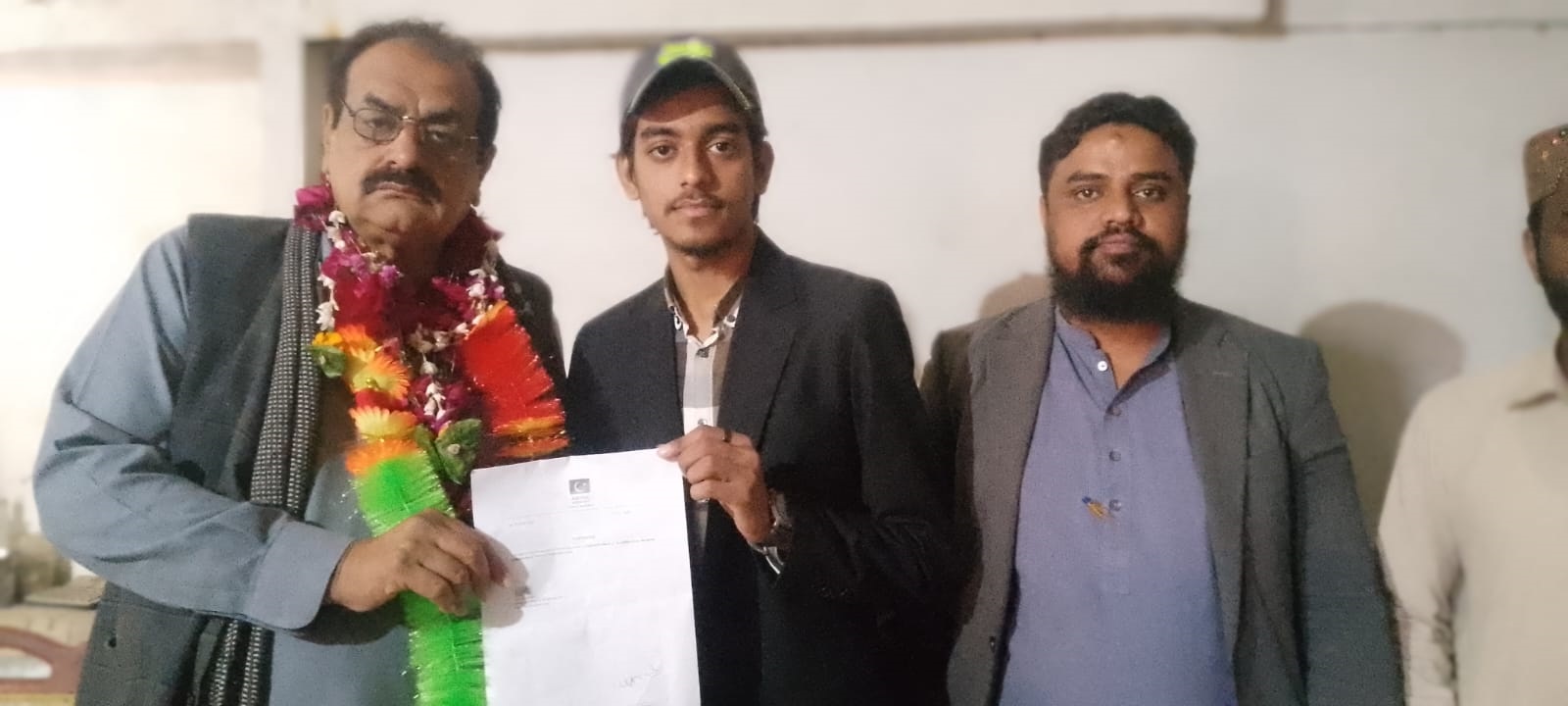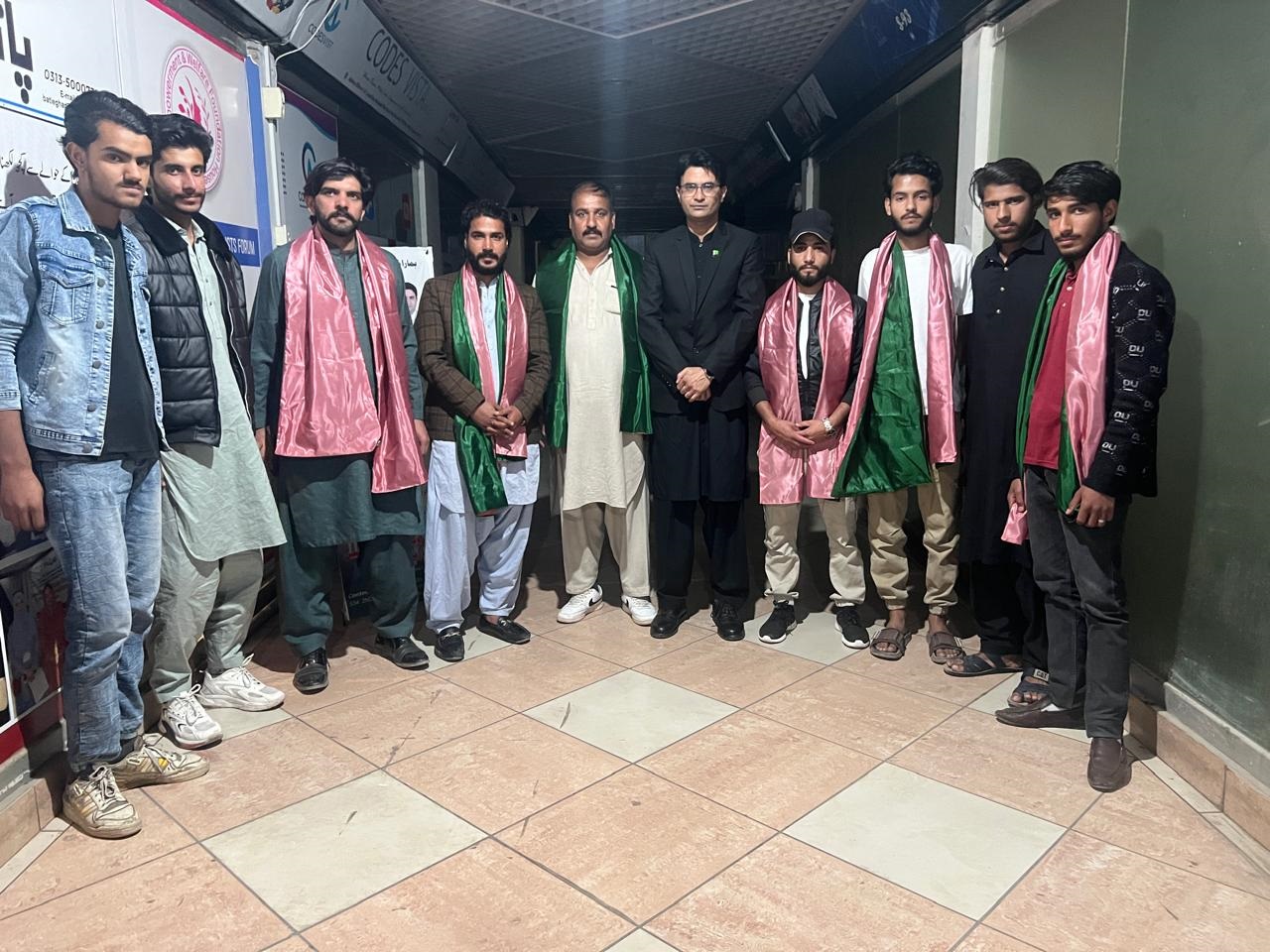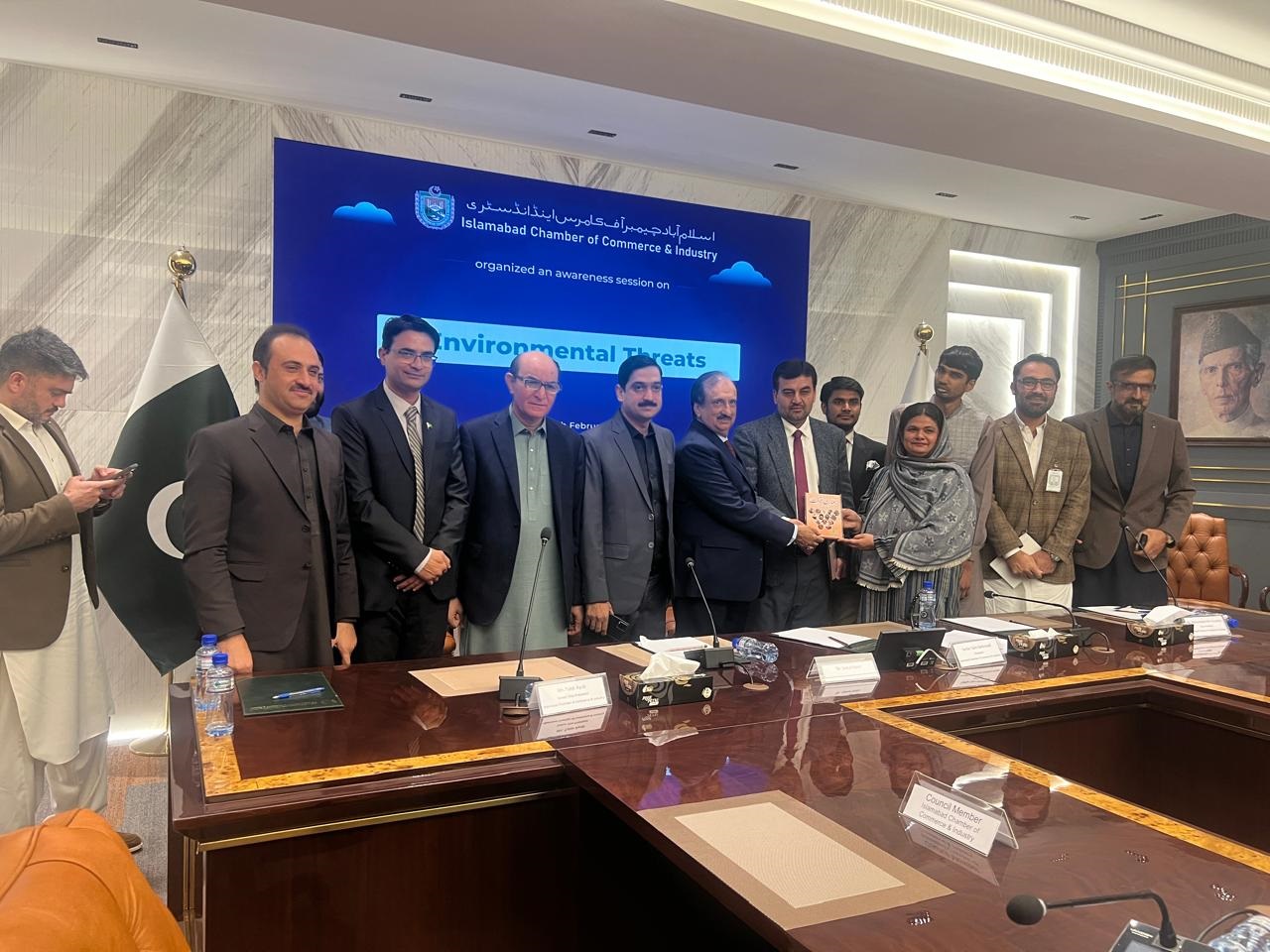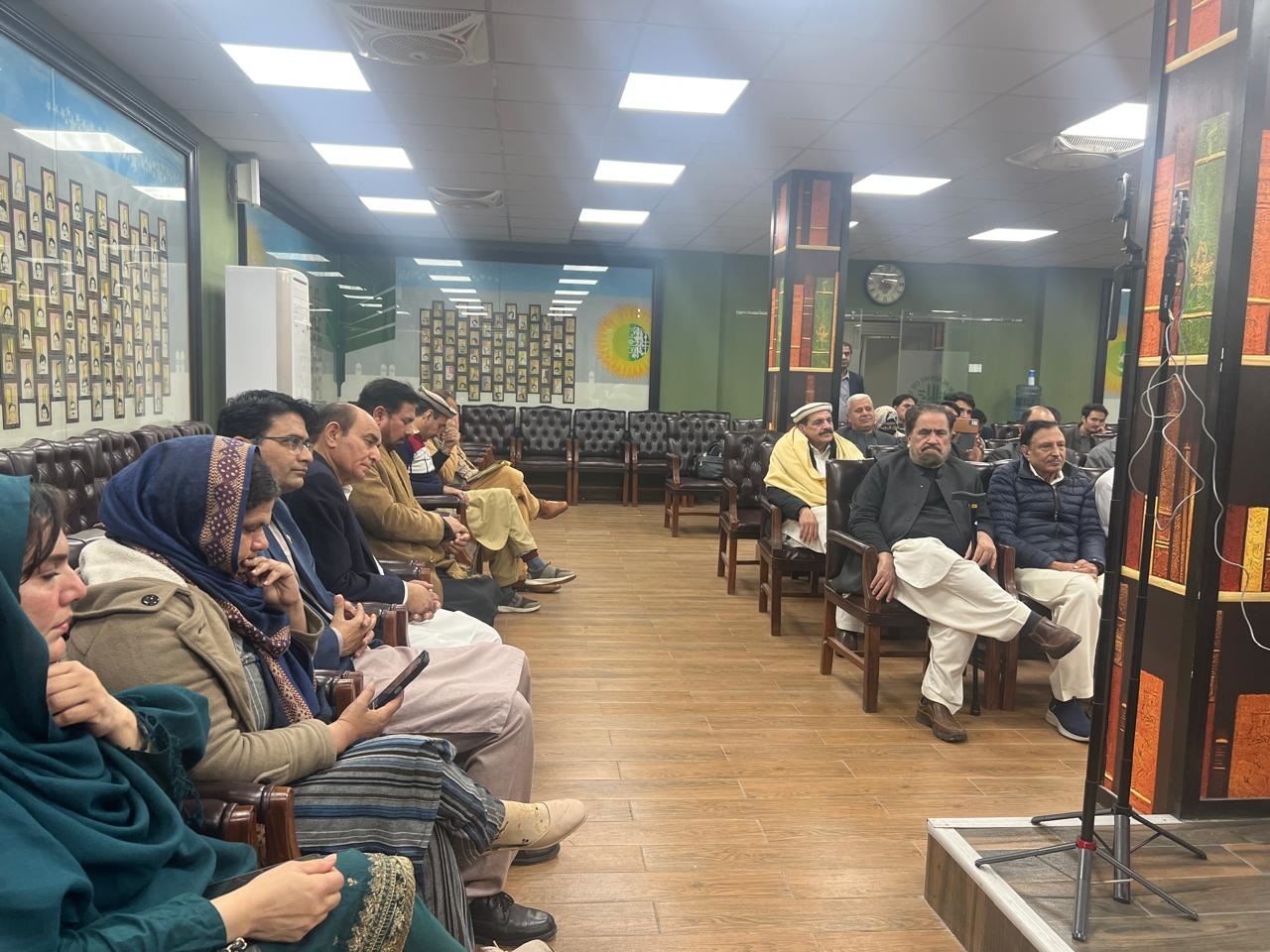ISLAMABAD, Dec 17 (Ayesha Alam): The media in Pakistan needs to lay to rest negative propaganda against the China-Pakistan Economic Corridor (CPEC), the game-changer project through factual reporting.
Addressing a training workshop here, the speakers said that journalists are the source of information for the public and their impartial reporting can convey authentic information about CPEC to the people of Pakistan, they said.
The three-day training workshop was organized by the Center for Democracy and Climate Studies (CDCS) for the journalists of Baluchistan and Khyber Pakhtunkhwa.
Bao Zhong, Counsellor of the Political and Media Section, Embassy of China to Pakistan while speaking to the participants said that the Pakistani media was playing a vital role in promoting CPEC and creating a positive image of the China-Pakistan bilateral relations and cooperation in various fields beneficial for both the nations.
She however said the fake news and negative propaganda against the CPEC still exist in some sections of the media which should be countered by the journalists.
The Counsellor said that the Chinese embassy was always open to answer queries about CPEC or information related to any project initiated by the Chinese embassy.
She urged the journalists to do factual reporting on CPEC and play their role against malicious media campaigns and disinformation against the projects.
Expressing deep affection for Pakistani friends, Ms. Zhong, with over six years of service in the country, emphasized the robust foundation of the China-Pakistan relationship, attributing it to the profound political trust, particularly exemplified by the China-Pakistan Economic Corridor (CPEC).
She expressed the confidence in ongoing collaboration with the Pakistani government and encouraged media and citizens to contribute valuable insights for the continued success of China-Pakistan relations. She highlighted the warm reception of Pakistani visitors in China, underscoring the reciprocal treatment she and her family receive in Pakistan.
Motivated by these strong ties, she called for joint efforts to further deepen and strengthen cooperation, urging the passing on of this relationship from generation to generation.
Ms. Zhong emphasized collaborative endeavors at both government and private sector levels, encouraging increased business-to-business (B2B) cooperation. She stressed the significance of encouraging Pakistani youth to study in China and return to contribute to their homeland, focusing on highlighting commonalities. She urged a collective focus on these areas, seeking advice and active promotion from Pakistani media to maximize joint benefits.
Highlighting the initial focus on infrastructure and energy, she stressed the importance of empowering Pakistan through energy projects, subsequently moving towards broader industrial cooperation.
She said that China extends a helping hand to Pakistan in overcoming energy challenges, paving the way for increased industrial productivity and collaboration.
The Counsellor said that China sees the world as a big family, echoing a philosophy of global unity and cooperation the Belt and Road Initiative is presented as a tangible effort towards building a global community of shared future.
Despite challenges such as the impact of COVID-19, China remains confident in its progress under the leadership of President Xi Jinping and the Communist Party of China.
Naghmana Hashmi, former ambassador of Pakistan to China speaking on the occasion, said that the media should do impartial reporting on CPEC.
Highlighting the significance of CPEC for Pakistan, she said bilateral cooperation under CPEC has contributed to Pakistan’s energy and infrastructure development while the second phase focuses on poverty alleviation, socio-economic development, agriculture and industrial development in Pakistan.
Former Vice Chancellor of Sargodha University Dr. Ishtiaq Ahmad said that the media’s role was significant in shaping public opinion about CPEC. He hailed the Pakistan’s media role and its contribution towards CPEC development. He also said that higher education institutions can play a major role in reaping the real benefits of the China-Pakistan Economic Corridor (CPEC) by bridging a gap in the language and cultural sectors of both countries.
Prominent journalists and anchors/analysts Javed Iqbal, Rasheed Safi, Aoun Sahi, Sherish Qureshi and Muhammad Imran also attended the three-day training workshop
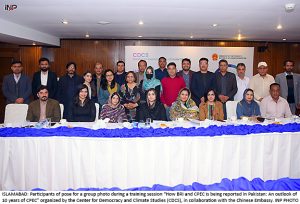
 0092-313-5000-734
0092-313-5000-734



